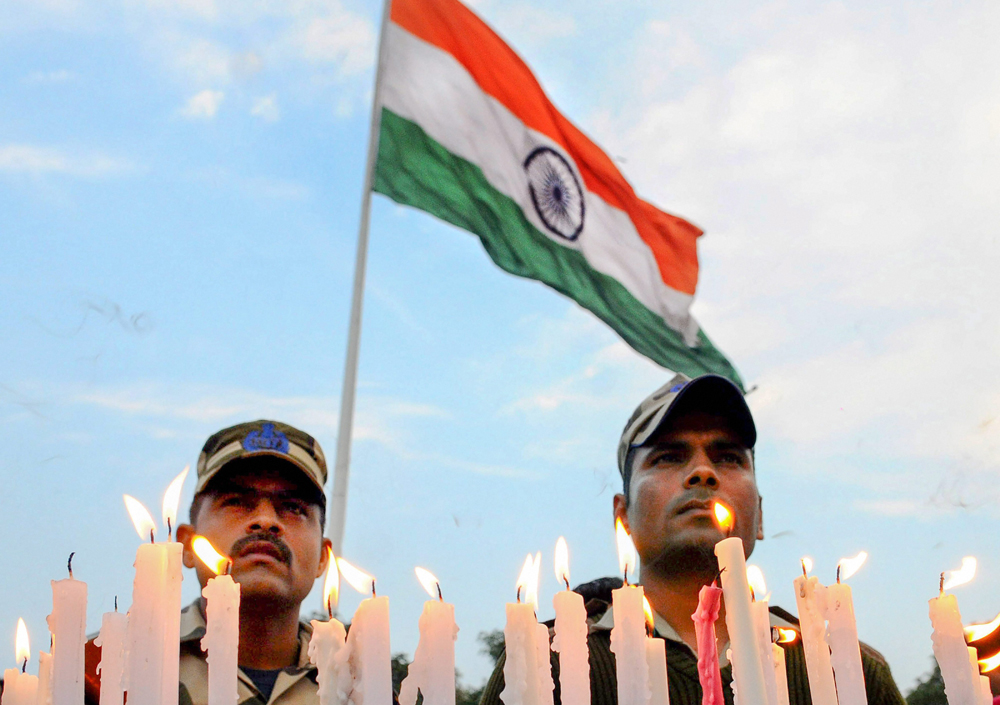After withdrawing the “most favoured nation” status from Pakistan, India will move against taking the neighbour off the “grey list” of countries at the Financial Action Task Force (FATF) meeting in Paris this week.
Last year, Pakistan had been placed on the “grey list”, or the “watch list”, by the international body, whose mandate is to check terror financing and money laundering, for failing to curb anti-terror financing.
Countries on the grey list lose out economically as they are considered suspect nations and global lenders are wary of giving loans or are willing to lend at high rates. International traders are similarly reluctant to accept their credit guarantees, impacting trade and finance flows.
The countries in the list can face sanctions and find global banking and financing routes shut in all the members of the 37-nation FATF, which includes G20 countries as well as the European Union and the Gulf Cooperation Council, covering most of global GDP.
At the Paris meet, slated to begin on Monday, the FATF high table will review progress in four key areas — terrorism financing risk assessment report, report of the customs department on cash couriers, implementation on the United Nations Security Council resolutions and inter-agency co-ordination.
Top officials said India will seek to keep Pakistan on the list given that Pakistan-based Jaish-e-Mohammad has owned up to the terror attack at Pulwama. The group, founded by Muslim cleric Maulana Masood Azhar after his release by India in 1999, was banned in Pakistan in 2002 but the US says it still operates there. The group has never hidden its existence, frequently issuing videos threatening India and also the US.
Pinak Ranjan Chakravarty, former secretary in the ministry of external affairs and former high commissioner to Bangladesh, said, “The attack openly claimed by JeM places Pakistan in a queer position… the FATF is a high-level financial technical body but it does look at the end results of terror financing flows.”
According to evidence with Indian agencies, the JeM has managed to transfer its financial resources to other front organisations, including the well-known extremist group Tehreek-ul-Furqan as well as low profile members to escape scrutiny. India is also planning to raise the issue of terror links of Jamaat-ud-Dawa, Falah-e-Insaniyat Foundation, the front organisations of the Lashkar-e-Taiba.
A Pakistani ordinance that banned the Jamaat-ud-Dawa and Falah-e-Insaniyat Foundation, founded by Hafiz Saeed, lapsed last year and they continue to function openly.
“JeM and LeT’s terror finance network have been on our radar for some time and this (FATF censure) is very much needed to place curbs on these terrorist organisations working against India,” said Shantanu Mukarji, a retired IPS officer and security and counter-terrorism analyst.
Officials said besides moving the FATF, India has raised the customs duty on Pakistani exports to India to 200 per cent. “We want to hit Pakistan economically for the terror strikes on us. Once a country is not on the MFN list, India can raise duties as well as move a number of products to the negative or banned list,” said finance ministry officials.











